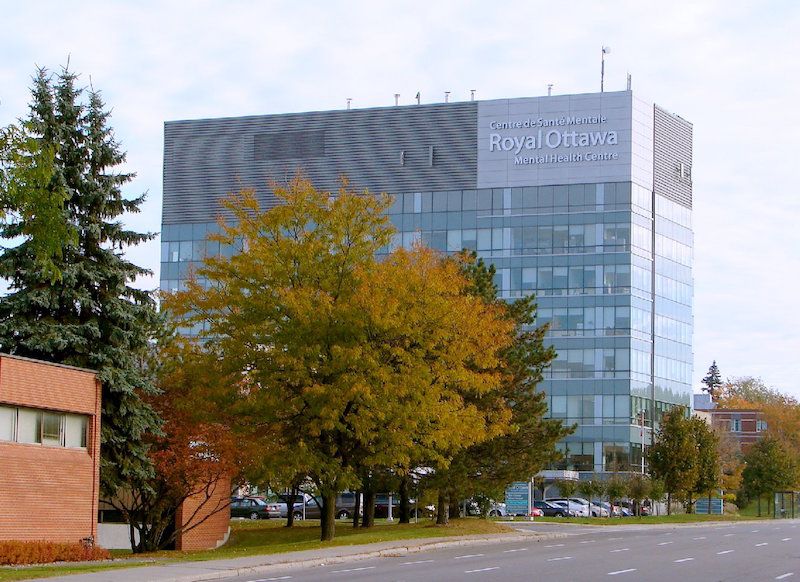By continuing to use our site, you consent to the processing of cookies, user data (location information, type and version of the OS, the type and version of the browser, the type of device and the resolution of its screen, the source of where the user came from, from which site or for what advertisement, language OS and Browser, which pages are opened and to which buttons the user presses, ip-address) for the purpose of site functioning, retargeting and statistical surveys and reviews. If you do not want your data to be processed, please leave the site.
Improving Manager Effectiveness and Organization Performance at The Royal Ottawa Health Care Group
Runner-up, Canadian CMC Project of the Year (2018)
This mini case study is part of an ongoing series profiling Winners and Runners-up of the 2018 Canadian CMC Project of the Year Award, showcasing Canada’s best management consulting engagements. Winners have been nominated for an international Constantinus Award.
Project Lead: Dwight Mihalicz, FCMC, Effective Managers™ (Sage Effective Managers, Inc.)
Background – The Challenge
The Royal is one of Canada’s foremost mental health care and academic health science centres. Its mandate is to get more people living with mental illness into recovery faster. It combines the delivery of specialized mental health care, advocacy, research, and education to transform the lives of people with complex and treatment-resistant mental illness.
George Weber, President and CEO, and staff at the Royal are continually looking for ways to improve their ability to provide world-class services to their patient population. Because of fiscal pressure, it is difficult to find additional resources to enhance services or develop new ones. It is therefore important to ensure that all staff resources are being used as effectively and efficiently as possible.
Engagement Review – The Solution
Weber engaged Dwight Mihalicz to assess the level of manager effectiveness at the Royal, and to support the improvement of accountability and authority in the hospitals in order to continue to increase performance improvements. The focus was to improve managerial leadership skills to increase employee engagement and to achieve the best possible patient experiences and outcomes.
The project took place in assessment and implementation phases. The baseline assessment, in early 2013, was to assess manager effectiveness at the Royal. This was required to establish the level of manager effectiveness in order to focus on improving it.
Improved manager effectiveness was expected to improve employee satisfaction, which, in turn, would help achieve the best possible patient outcomes. The assessment results were implemented in face-to-face meetings with the Senior Management team (the CEO, his direct reports, and senior physicians on staff), and the senior management team (Directors and above in the hospital).
Knowledge transfer training was provided to internal staff members to induct them into the methodology for their continued implementation throughout the rest of the hospital. Specifically, an accountability framework for change management, and an accountability and authority model (The Effective Point of Accountability®) were implemented. This was followed by a post assessment of manager effectiveness.
The Results
The results showed improvements in manager effectiveness, employee engagement, and five key patient care measures. The scarce resources of a health care institution were, as a result, even more clearly focused on improving patient-care results. This helped the organization to perform better.
When managers are clear about priorities, employees can focus on their most important work. This removes the burden of impossibly long to-do lists so employees can feel better about their achievements and contributions to performance improvements. This also benefits the community, because performance improvements lead to better services for society both in terms of health care benefits and economic benefits.
In the words of the CEO: “We received excellent value in terms of insights and strategies for improving manager effectiveness.”




